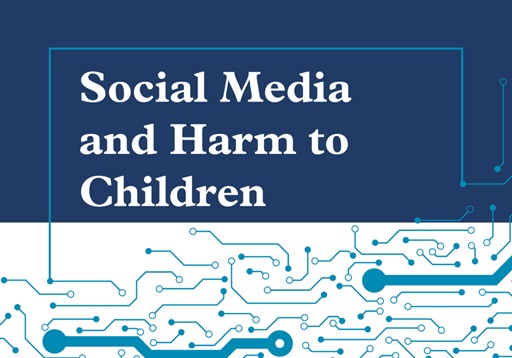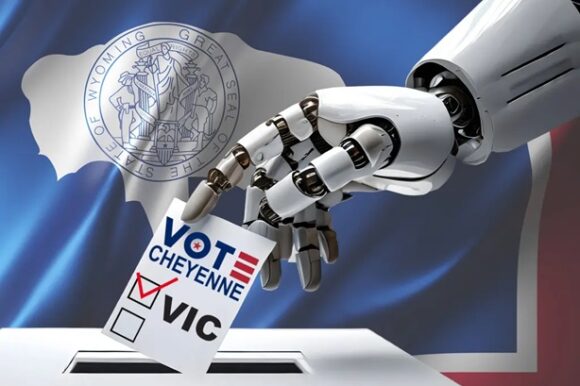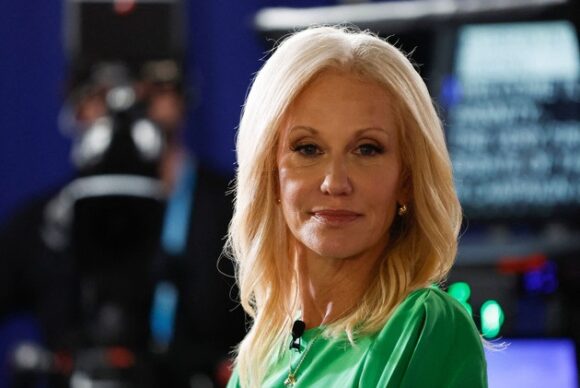Dear Commons Community,
The U.S. surgeon general is calling for a warning label on social media alerting users that “social media is associated with significant mental health harms in adolescents.”
In a New York Times opinion piece, Surgeon General Dr. Vivek Murthy said there is enough evidence mounting that shows a connection between social media and adolescents’ deteriorating mental health that a surgeon general’s warning label—similar to what appears on cigarette packages—is warranted.
“One of the most important lessons I learned in medical school was that in an emergency, you don’t have the luxury to wait for perfect information,” Murthy wrote in the New York Times. “You assess the available facts, you use your best judgment, and you act quickly.”
Murthy had already signaled his concerns with the potentially harmful effects of social media on kids and teens when he issued an advisory last year warning about the risks social media poses to youth mental health.
A surgeon general’s warning label, though, would have to be approved by Congress before it could be applied to social media platforms.
Many educators say that social media—and students’ near-constant access to it via cellphones—has become a major challenge for schools. More than 200 school districts have sued the major social media companies, claiming that they have created highly addictive products that are damaging students’ mental health, leaving schools to deal with the fallout.
Four years ago, nearly 100 school districts used a similar argument in lawsuits against e-cigarette manufacturers, claiming the problems the hard-to-detect tobacco products caused amounted to a public nuisance. A class action lawsuit against JUUL was settled in 2022.
Some state and federal lawmakers are also trying to restrict young kids’ access to social media, with the aim of improving their mental health, adding to the mounting pressure on social media companies.
For their part, social media companies say they are taking steps to protect their youngest users’ safety and well-being on their platforms through parental controls, age-verification features, and time-management tools.
There is evidence that warning labels like those on tobacco products can change people’s behavior, Murthy wrote in the New York Times. And he pointed to a recent survey of Latino parents showing that three-quarters said they would limit or monitor their children’s social media use if they saw a surgeon general’s warning on the platforms used by their families.
Murthy did concede in the opinion essay that a warning label would not completely negate the harms and challenges presented by social media, a sentiment echoed by educators.
Michael Lubelfeld is the superintendent of North Shore School District 112 in a suburb of Chicago, and his district is among those suing the social media companies over the youth mental health crisis. He’s unsure the warning label will make a difference, although he said he applauds the surgeon general’s effort.
“Because to some degree the cat’s already out of the bag, there’s tremendous usage among children who are having a very difficult time dealing with it,” he said. “I don’t know that parents are always aware of what their kids are doing on their smartphones.”
A warning label would help raise awareness, said Beth Houf, the principal of Capital City High School in Jefferson, Mo.
“It’s a step in helping the situation, but there is more that needs to be done,” she said.
Houf, who has also led elementary and middle schools in her career, said she’s seen the negative effects social media has on students’ mental health worsen over the 17 years she’s been a principal. Despite the cyberbullying and the unhealthy comparisons kids make of each other on social media, they can’t seem to turn away from these platforms, she said.
“When you hear something or have a vibration in your pocket, the fear that you’re missing out on something you feel like you have to engage with—that makes it harder to pay attention in the classroom,” she said.
Murthy said social media platforms should also not be allowed to collect sensitive data from children nor use manipulative features like algorithms, push notifications, and the infinite scroll, which all “contribute to excessive use.” Murthy also renewed his calls for social media companies to share their data on the health effects of their products with independent scientists and the public.
But schools and parents also have roles to play, Murthy said.
“Schools should ensure that classroom learning and social time are phone-free experiences,” he said. “Parents, too, should create phone-free zones around bedtime, meals, and social gatherings to safeguard their kids’ sleep and real-life connections—both of which have direct effects on mental health.”
Murthy is to be congratulated for making his opinion public on this issue. I highly recommend Jonathon Haidt’s bestseller, The Anxious Generation, for further reading.
Tony












